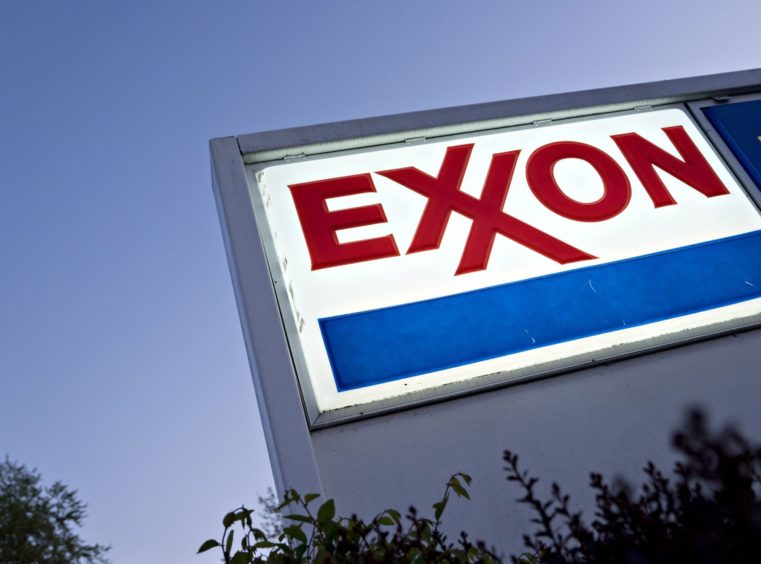
Exxon Mobil said proposals put forth by an activist investor pushing for changes at the oil giant threaten future cash flows and the sustainability of its dividend.
Exxon said in a letter to shareholders Tuesday that Engine No. 1’s approach ignores the role oil and natural gas will play in the future, and the leadership role the oil giant intends to take in reducing emissions through the development of lower-carbon technologies.
“To put it bluntly, we have a plan that will grow earnings and cash flow, pay and grow the dividend, fund future growth and position the company to have a meaningful role in the energy transition. Engine No. 1 does not, ” Chief Executive Officer Darren Woods and lead director Kenneth Frazier said in the letter.
Woods has sought to reposition Exxon as a reliable cash cow in the wake of Covid-19 by aggressively cutting capital spending, delaying growth plans and slashing the company’s workforce. The simple goal is to ensure the sustainability of the S&P 500 Index’s third-largest dividend, worth $15 billion a year. The stock’s yield rose to the highest on record last year as the drop in oil prices threatened the payout but it has since reversed course, now standing at around 5.9%.
Woods and Frazier accused Engine No. 1 of making false statements and said its board candidates lacked the experience or knowledge to help lead Exxon through what they called “one of the most complex and challenging transitions the world has ever faced.” The pair encouraged investors to vote for Exxon’s slate, which includes activist investor Jeff Ubben and two other new directors.
The newly-formed Engine No. 1 disclosed a stake in Exxon in December and has nominated four candidates for the board. The hedge fund, whose stake amounts to about 0.02% of Exxon’s shares, has criticized the company for poor returns and poor environmental stewardship. It has called on Exxon to set more aggressive targets of being net-zero greenhouse-gas emissions by 2050, and said its nominees will help guide that transition.
Exxon “has jeopardized its own dividend through years of wasteful, debt-fueled spending on projects with a low average return on capital,” Engine No. 1 said in a statement Tuesday. In recent years, the company’s “debt has skyrocketed, its credit rating has been downgraded by S&P three times, and the market has ascribed a higher risk to its dividend than its peers.”
The firm said it would continue to make its case for adding directors with “successful and transformative energy experience” who can help generate long-term value, including through a sustainable dividend.
The plan Engine No. 1 is proposing to radically reduce investments would endanger future cash flows that are needed to sustain and grow the dividend, and fund future projects and low-carbon initiatives, Woods and Frazier said. They noted that 40% of Exxon’s operating cash flow in 2025 will be generated by new projects, and Engine No. 1 has not said where that cash flow would be derived otherwise under its plan.
Exxon’s “board is overseeing a strategy that we believe will deliver the most value from our industry leading portfolio of resources, while ensuring we play an important role in reducing our emissions, mitigating the risks of climate change and participating in the energy transition,” they said.
Recommended for you
